$500.00 – $6,500.00
Sex : Male and Female
Potty Trained : Yes
Health papers available : Yes
Birth certificate available
Black Panther Cub For Sale: A Guide for Exotic Pet Enthusiasts
Black panther cub for sale, few animals capture the imagination quite like the black panther. With their sleek, dark fur and powerful presence, black panthers are awe-inspiring creatures. But for those intrigued by the idea of owning such an exotic animal, the journey starts with a black panther cub. If you’re considering adding one to your home, it’s essential to know all about their care, legal requirements, and the realities of owning such a majestic yet challenging pet.
This guide covers everything you need to know about finding black panther cubs for sale, raising them, and what it truly means to care for one.
What Is a Black Panther?
First things first: what exactly is a black panther? Contrary to popular belief, “black panther” isn’t a separate species. It refers to melanistic (dark-furred) variants of big cats, usually leopards or jaguars. In Africa and Asia, black panthers are typically leopards, while in the Americas, they are jaguars. This melanistic trait gives these animals their stunning black coat, with faint rosette patterns that can still be seen upon closer inspection.
The Appeal of Owning a Black Panther Cub
It’s easy to understand why someone might be fascinated by black panther cubs. Like other big cat cubs, they are playful, curious, and full of energy. However, owning a black panther cub means taking on the responsibility of caring for an animal that will eventually grow into a powerful and potentially dangerous predator. It’s not just about owning a cute and exotic pet; it’s about being prepared for the challenges of raising a wild animal.
Finding Black Panther Cubs for Sale
If you’re seriously considering purchasing a black panther cub, the first step is finding a reputable source. Not only is it crucial to ensure you are acquiring the animal legally, but you also want to make sure the cub comes from a healthy and ethical environment.
1. **Licensed Breeders**: Finding a black panther cub for sale from a legitimate breeder can be difficult. Many exotic pet sellers operate illegally or in poor conditions, so it’s crucial to do your research. Ensure the breeder is licensed and that they follow all necessary laws and guidelines for exotic animals.
2. **Exotic Animal Dealers**: Some dealers specialize in exotic pets like black panthers. However, make sure they are operating legally and that they have the necessary permits to sell black panther cubs. It’s your responsibility as a buyer to ensure all transactions are above board.
3. **Conservation and Breeding Programs**: Some wildlife conservation programs may sell black panther cubs in regulated circumstances. These programs often aim to preserve endangered species, so the process of buying from them might be more stringent. You’ll likely need to prove that you can provide a suitable habitat and care for the cub long-term.
4. **Animal Rescues**: Occasionally, black panther cubs become available through rescue organizations that save exotic pets from neglectful or illegal situations. While adoption is rare, it’s a possibility for those looking to help a cub in need.
Legal Requirements for Owning a Black Panther Cub
Before you even think about bringing a black panther cub home, it’s essential to understand the legalities involved. The laws surrounding exotic pet ownership, particularly for big cats, vary greatly depending on your location.
1. **State and Federal Laws**: In the U.S., owning a black panther cub is highly regulated. Some states allow it, others ban it outright, and many require permits. Research your state’s laws carefully before even considering purchasing a cub. Failure to comply can result in heavy fines, the confiscation of the animal, or other serious legal consequences.
2. **International Laws**: If you’re looking to import a black panther cub from another country, you’ll need to navigate international laws, including those set by the Convention on International Trade in Endangered Species (CITES). CITES regulates the trade of endangered species, including black panthers, so proper documentation is necessary to ensure the transaction is legal.
3. **Animal Welfare Regulations**: Black panthers are wild animals, and ensuring their welfare is a legal requirement. You’ll need to provide proper housing, nutrition, and veterinary care for your cub. Some areas also require periodic inspections to ensure the animal is being properly cared for.
Caring for a Black Panther Cub
Raising a black panther cub is no small task. These animals may start out small and playful, but they grow quickly into large and powerful predators. Proper care, diet, housing, and socialization are all crucial to ensuring your cub remains healthy and safe.
Diet and Nutrition
As obligate carnivores, black panthers require a diet of raw meat. Their diet should be diverse, including poultry, beef, and game meats, to ensure they get the nutrients they need. As they grow, their dietary needs will shift to include larger portions and whole prey.
Housing Needs
A black panther cub might look small now, but they grow rapidly into large, powerful animals. By adulthood, black panthers can weigh over 150 pounds, and they need plenty of space to roam. A secure, well-constructed enclosure is vital to provide safety for both the panther and those around it. The enclosure should mimic their natural habitat as much as possible, with areas to climb, hide, and explore.
Veterinary Care
Exotic animals like black panthers require specialized veterinary care. Regular check-ups, vaccinations, and emergency care are all essential parts of raising a healthy cub. It’s important to find a veterinarian who has experience working with large cats to ensure that your black panther cub receives the best possible care.
Socialization and Training
While black panther cubs can be affectionate and playful when young, they retain their wild instincts. Proper socialization from an early age is crucial to minimize aggressive behavior as they grow. Training can help establish boundaries, but even the best-trained black panther will always be a wild animal at heart. It’s essential to never forget this fact when interacting with your cub.
Challenges of Owning a Black Panther Cub
While the idea of owning a black panther cub may sound thrilling, it comes with many challenges. These are not pets in the traditional sense and require significant time, money, and commitment.
1. **Aggression and Danger**: As black panthers grow, they become incredibly strong and powerful. Even playful behavior can result in injury due to their size and strength. Owners must always be cautious when handling their black panther cub, especially as it matures.
2. **Financial Commitment**: The cost of owning a black panther cub goes beyond the purchase price. The cost of food, enclosure maintenance, veterinary care, and other essentials adds up quickly. Prospective owners should ensure they have the financial resources to care for the animal over its entire lifespan.
3. **Long-Term Commitment**: Black panthers can live up to 20 years in captivity, meaning owning one is a long-term commitment. Caring for such a large and exotic animal requires dedication for the entirety of its life.
Ethical Considerations
While owning a black panther cub may be legal in some areas, it’s important to consider the ethical implications. Black panthers are wild animals, and some argue that they belong in their natural habitats, not in captivity. There are also conservation concerns, as black panthers in the wild face threats such as habitat destruction and poaching.
1. **Conservation Impact**: Captive breeding programs may help to preserve endangered species, but others argue that resources would be better spent protecting black panthers in the wild. When purchasing a black panther cub, it’s important to consider whether the breeder is contributing positively to conservation efforts.
2. **Animal Welfare**: Captive black panthers may suffer from stress and frustration if their environment doesn’t meet their needs. It’s crucial to provide them with a stimulating and enriching environment that allows them to express natural behaviors.
Final Thoughts
For those serious about the responsibility of owning a black panther cub, it’s important to take the time to do thorough research. Understanding the legal, financial, and ethical challenges involved is crucial. While black panther cubs can make awe-inspiring pets for the right person, they require a level of care and commitment far beyond that of typical domestic pets.
If you’ve considered all the factors and believe you can provide a safe and enriching environment for a black panther cub, these magnificent animals may be a captivating addition to your exotic pet collection.
Always remember that owning a black panther cub is not just about having a unique pet—it’s about committing to the lifelong care and well-being of a wild animal.
| sex | Female, Male |
|---|---|
| Purchase Options | 100% Payment, Reserve for $500 |
Be the first to review “Black Panther Cub For Sale” Cancel reply
Related products
EXOTIC CUBS FOR SALE
EXOTIC CUBS FOR SALE
EXOTIC CUBS FOR SALE
EXOTIC CUBS FOR SALE
EXOTIC CUBS FOR SALE
EXOTIC CUBS FOR SALE
EXOTIC CUBS FOR SALE





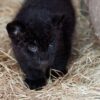
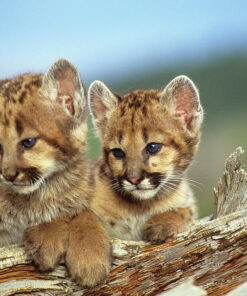
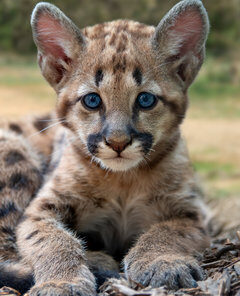
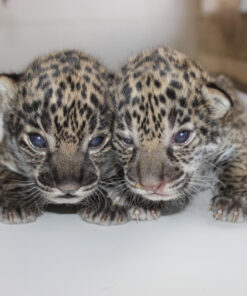




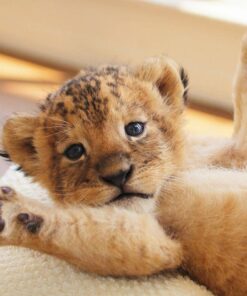
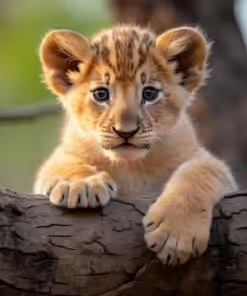

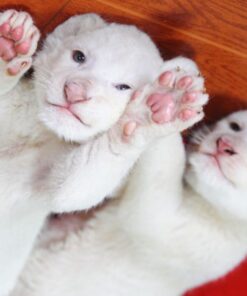
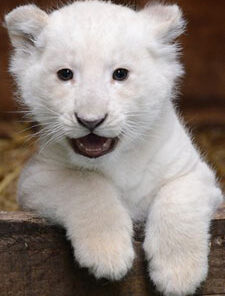
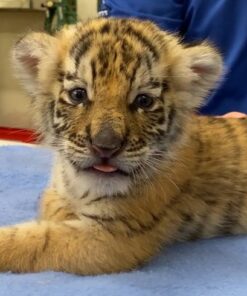
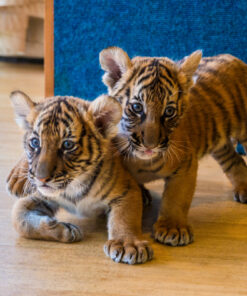


Reviews
There are no reviews yet.